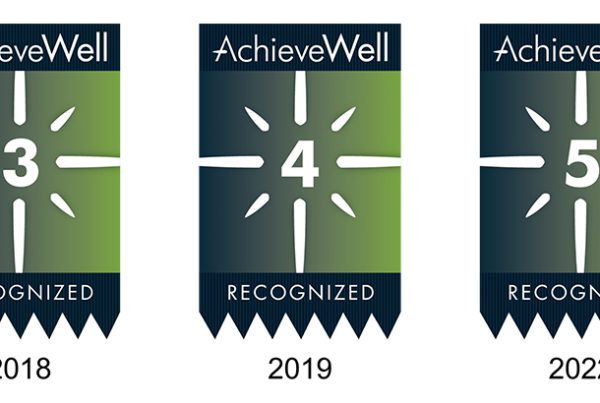
The Wahl’s Protocol is a healthy eating plan designed to support cellular health by repairing our mitochondria (the energy center of our cells) and reduce inflammation while providing the body with the nutrients it needs to support detoxification and healing. The most crucial component of the protocol is to increase the amount of plant-based foods you eat to 9 cups each day. This is broken down into what is referred to as 3/3/3 – 3 cups of leafy greens, 3 cups of brightly colored vegetables and fruits, and 3 cups of Sulphur-rich vegetables such as broccoli, cauliflower, mushroom, onion, and garlic. In addition, the diet recommends to eat healthy fats such as avocado, olive oil, flax seed, chia seed, nuts, grass-fed butter, ghee, and fats from quality animal sources such as grass-fed cows, pasture raised chicken and turkey, and wild-caught fish.
This protocol was developed by Dr. Terry Wahls, a physician and clinical professor of medicine at the University of Iowa, who was diagnosed with multiple sclerosis (MS) in 2000. MS is an autoimmune disease of the central nervous system where the immune system attacks the nervous system, most notably the myelin sheath that protects nerve fibers and results in impaired communication between the brain and other parts of the body resulting in impaired motor function, speech, memory, and more. Many who have been diagnosed with MS have periods of remission, in which their symptoms are lessened or disappear, and respond to treatment positively. Wahls’ type of MS did not proceed that way. Within two years, Wahls had to begin using a wheelchair and knew that she would soon not be able to work.
Using her background in medicine Wahls began vigorous research into various studies and treatment practices. She also began researching nutrition, knowing that many nutrients had specific effects that were important to brain function. She eventually began eating a diet that is similar to the Paleo diet, a diet that attempts to replicate what foods might have been eaten during the Paleolithic era. The Paleo diet includes lean meats, fish, nuts, seeds, vegetables, and fruits and avoids grains, dairy, legumes, and anything processed. Wahls didn’t see improvement in her MS while eating this diet but felt that she was on the right track, so she looked for ways to modify the Paleo diet to increase specific vitamins and minerals. Wahls eventually found that prioritizing specific vegetables, especially leafy greens, cabbage, mushrooms, onions, carrots, beets, berries, and seaweed, led to what many consider an amazing recovery from her symptoms. She consistently stuck to this protocol and within one year, she went from being in a wheelchair to being able to bike long distances.
Dr. Wahls has written a book about her diet and is a featured TED Talk speaker. Research continues on the effect of her diet for others suffering from MS, but what does her diet teach those who do not have MS?
- Nutrition plays an important role in living well and treating illness.
- Diets that are based on vegetables and fruits and avoid processed food are generally healthier for you and anyone suffering an autoimmune disease.
- It is important to view our health as a sum of many parts: nutrition, exercise, relaxation, community, and good medical care.
Seeking answers in our kitchens is the oldest form of medicine and should not be disregarded. If you have any specific medical concerns, discuss the role of nutrition for your health with your doctor. Do your research, relying on credible sources that provide concrete and verifiable research. Nutrition is the medicine we take at least three times a day. Make each bite count toward a healthier you.



